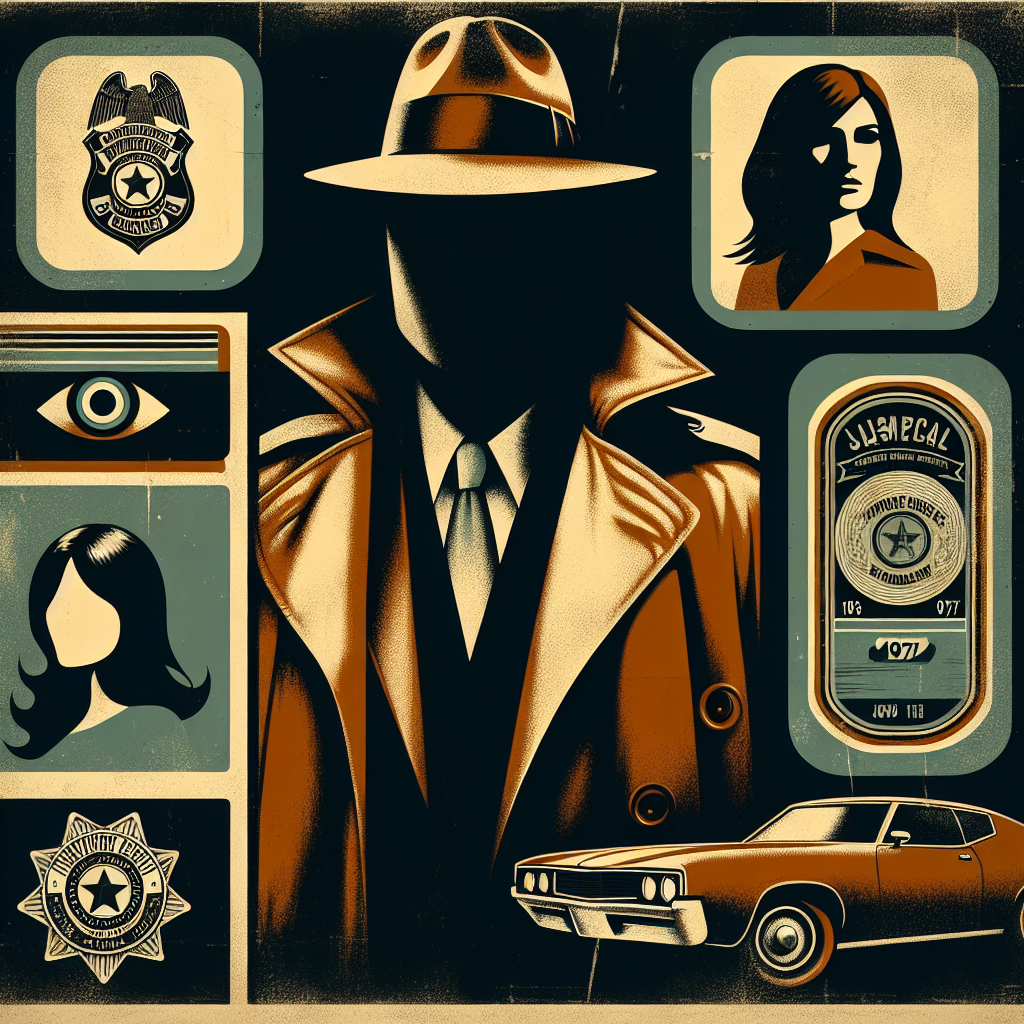Exploring the Grit and Glory: Why Dirty Harry (1971) is a Timeless Action Classic
The 1971 film Dirty Harry, directed by Don Siegel and starring Clint Eastwood in an iconic role, remains a landmark in the action genre and film history. Its release marked a defining moment in cinema, combining the gritty realism of crime dramas with the intense action that would come to characterize a new wave of movies in the 1970s. More than just an action film, Dirty Harry delves deep into the psyche of American society at a time of tumult and uncertainty. This analysis explores the film’s themes, its memorable characters, innovative cinematic techniques, and its substantial impact on both the film industry and popular culture.
Significance in Cinema History
Dirty Harry is a significant film partly because it encapsulated the moral complexity and societal frustrations of the early 1970s America. Post-Vietnam War, the civil rights movement, and widespread skepticism toward authority created a ripe context for a film that questioned the efficacy of the legal system. Dirty Harry offered a cathartic response to this disillusionment through its portrayal of a maverick cop fighting against both bureaucracy and crime.
Themes and Character Arcs
At its core, Dirty Harry grapples with themes such as justice, morality, and the limits of law enforcement. Harry Callahan, portrayed by Clint Eastwood, is the quintessential anti-hero whose methods are as controversial as they are effective. He operates in a moral gray area, asking, “Does the end justify the means?”
Harry’s character arc is central to the film’s narrative. He is introduced as a tough, no-nonsense cop, disillusioned by the red tape and legal constraints that inhibit his ability to combat crime. Throughout the film, Harry’s actions force viewers to confront their own ethics. Is it right for him to break the rules to ensure justice? This moral ambiguity is exemplified in his pursuit of the serial killer Scorpio, brilliantly played by Andy Robinson. Scorpio is a sadistic antagonist whose actions are so heinous that they appear to justify Harry’s extrajudicial methods.
Cinematic Techniques
Siegel’s direction is pivotal in infusing the film with a sense of immediacy and realism. The use of on-location shooting in San Francisco provides an authentic urban backdrop that enhances the film’s gritty aesthetic. Cinematographer Bruce Surtees’ use of high-contrast lighting further emphasizes the stark moral divide between light and darkness, good and evil.
One notable example of technique is the iconic bank robbery scene where Harry delivers the famous line: "Do you feel lucky, punk?" This scene is masterfully constructed with quick cuts and tight framing that generate tension and urgency. The audience is plunged into Harry’s perspective, feeling the same adrenaline and intensity he does.
Lalo Schifrin’s score also deserves mention. The music’s blend of jazz and eerie melodies aligns perfectly with the film’s tone, oscillating between calm and chaos, much like Harry’s justice.
Cultural, Social, and Historical Contexts
The early 1970s was a period of great social upheaval in America. The counterculture of the 1960s had given rise to significant changes and challenges, from civil rights to anti-war protests. Many Americans felt betrayed by the establishment, and urban crime rates were rising dramatically. In this context, Dirty Harry resonated with audiences who were disillusioned with the system’s ability to protect them.
Harry Callahan’s lone-warrior approach can be seen as a reflection of society’s yearning for a return to law and order, albeit through extralegal means. His character embodies both the angst and the aggressive yearning for justice prevalent at the time. Viewers saw in him a figure willing to do what was necessary, regardless of the rules—an appealing notion amidst widespread frustration with social institutions.
Legacy and Lasting Influence
Dirty Harry has left an indelible mark on the film industry, influencing countless action films and cop dramas. It established Clint Eastwood as a cornerstone of American cinema, solidifying his status as an action icon. The film’s success spawned four sequels, each expanding on the larger-than-life persona of Harry Callahan while continuing to explore the complex interplay of justice, authority, and morality.
Moreover, the film’s catchphrases and stylistic elements have permeated popular culture. The line “Go ahead, make my day” from 1983’s Sudden Impact (a sequel to Dirty Harry) has become part of the cultural lexicon. The influence of Dirty Harry can also be seen in characters like John McClane of Die Hard (1988) and Martin Riggs of Lethal Weapon (1987), who carry on Harry Callahan’s legacy of the tough, morally ambiguous hero.
Reflective Questions and Takeaways
Dirty Harry remains as potent today as it was in 1971, not just because of its visceral action sequences but because it tackles thorny questions about justice and morality that are eternally relevant. In contemporary society, where issues of police brutality and systemic injustice are at the forefront of public discourse, Harry Callahan’s methods invite intense scrutiny and debate.
- How does Dirty Harry challenge or reinforce contemporary views on law enforcement?
- Can Harry Callahan’s approach to justice be justified in today’s society, or does it serve as a cautionary tale about the dangers of vigilantism?
- How have other films and television shows addressed similar themes, and what lessons do they impart?
By posing these questions, we invite readers to not only revisit the film but also to engage in a broader conversation about justice, ethics, and the role of law enforcement in maintaining social order. Experimental in its time and resonant now, Dirty Harry stands as a timeless action classic, urging each generation to confront its own values and definitions of justice.
Got more questions? Our personalized Movies Explorer AI assistant is here to help. Click here to start a conversation!
[Advertisement]
Looking for deeper meaning in your favorite movies? Discover how ANY movie relates to positive biblical principles with Movies and Scripture GPT from BGodInspired.com. Click here to explore insights you might not have realized! . Simply key in any movie and let it show you insights you might not have realized otherwise!
[Advertisement]

